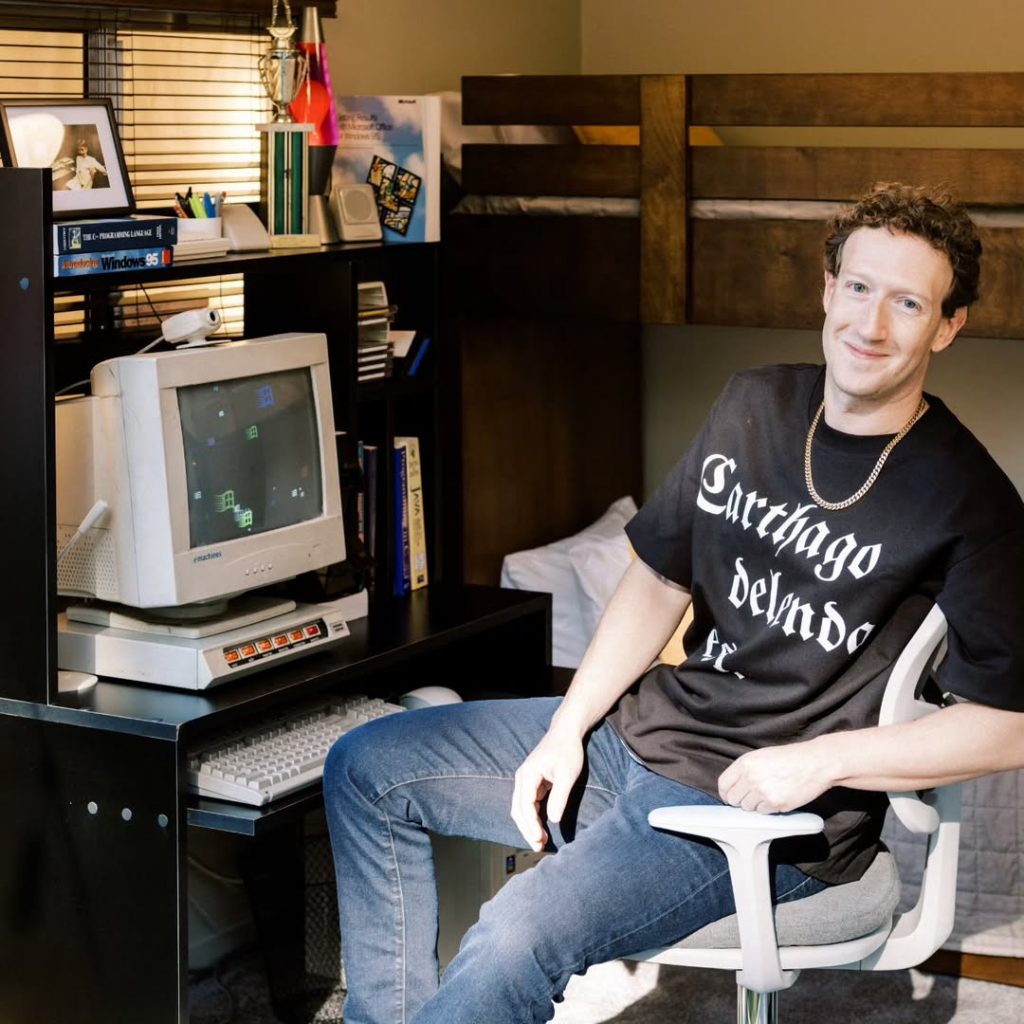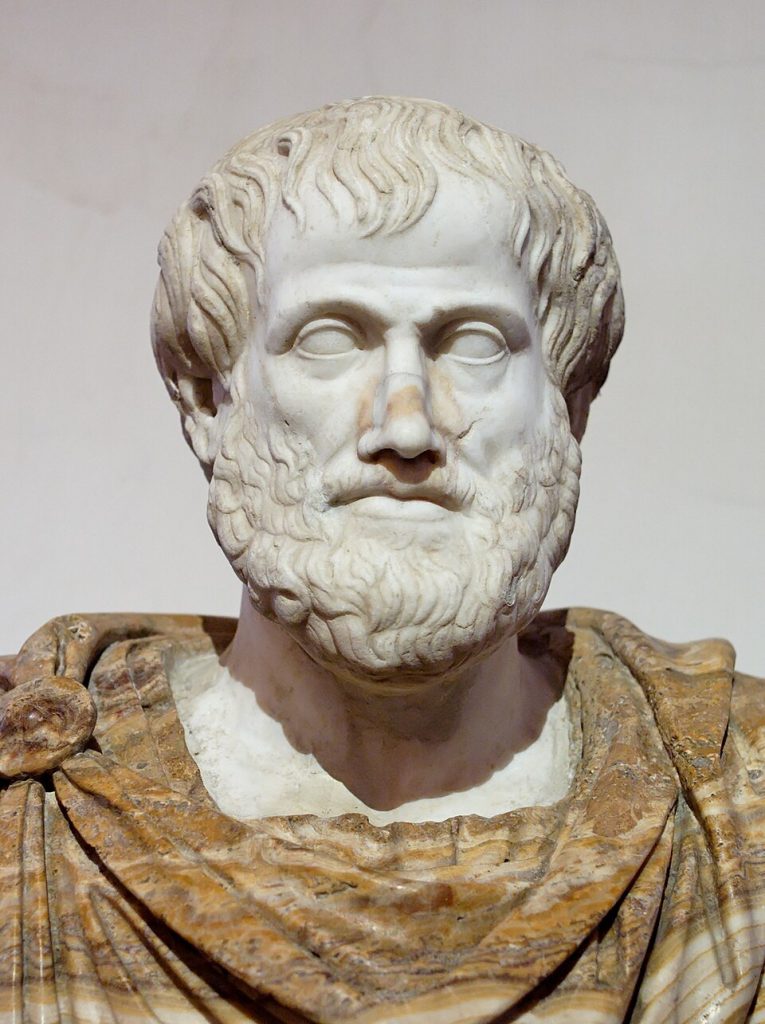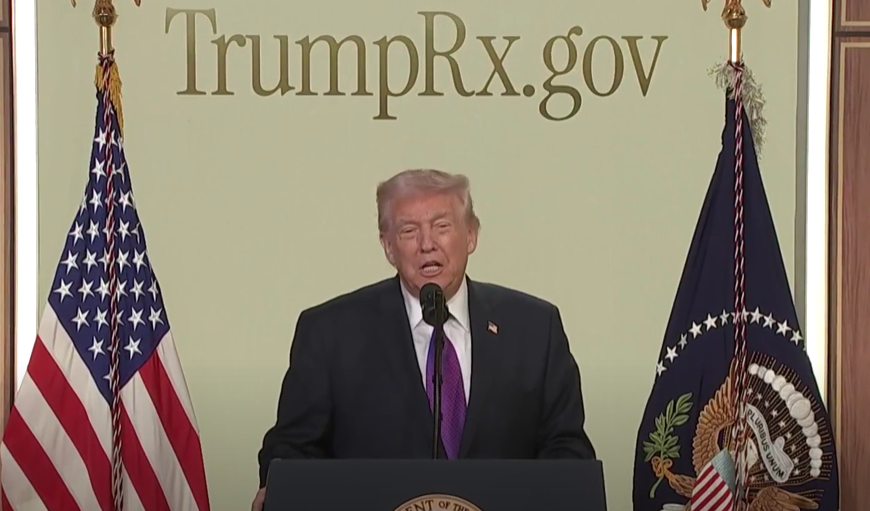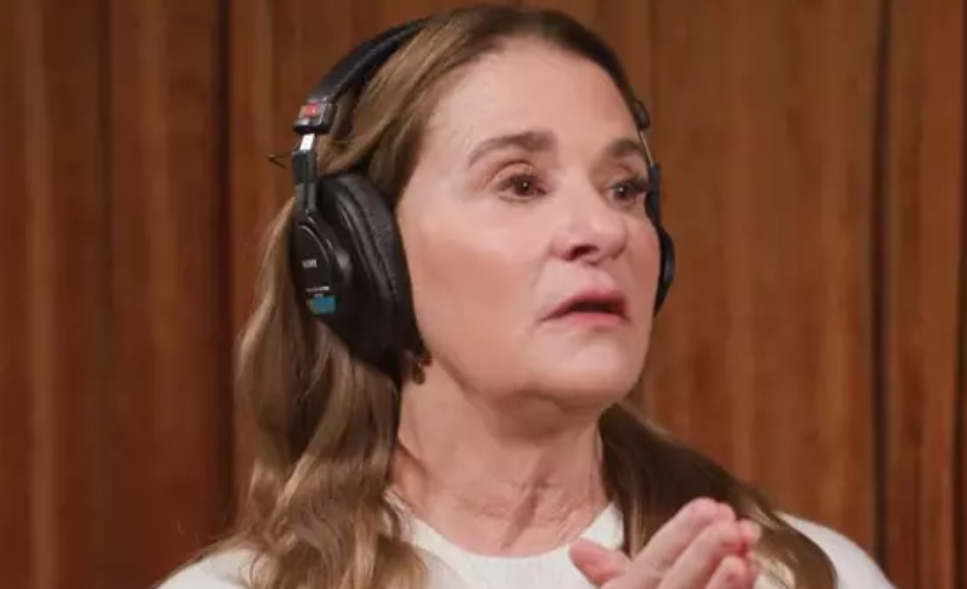Mark Zuckerberg Thinks a Machine Can Replace the Warmth of Human Connection

What are the risks of relying on AI to solve the loneliness epidemic in modern society?
With many people feeling isolated, the idea of AI as a friend is gaining attention. But can a machine truly replace the warmth of human connection? Mark Zuckerberg thinks so.
Let’s explore what an ancient philosopher might say about this modern idea and why it may not be the answer we’re looking for.
AI and the Loneliness Epidemic: A Solution or a Band-Aid?

Loneliness is a big issue today. Studies show that about half of Americans have fewer than four close friends, and many wish they had more.
In 2023, the U.S. Surgeon General called loneliness an epidemic, linking it to serious health problems like heart disease and depression.
Some tech experts, like Meta’s CEO Mark Zuckerberg, suggest AI chatbots could fill this gap by acting as virtual friends.

These chatbots can talk, play games, or offer advice anytime, anywhere. They seem like a quick fix, especially for people who struggle to connect with others. But is this kind of companionship enough?
What Aristotle Would Say

The ancient Greek philosopher Aristotle had a lot to say about friendship over 2,000 years ago. In his book, Nicomachean Ethics, he wrote that true friendship is essential for a happy life.
He described three types of friendships: those based on utility (like coworkers helping each other), pleasure (like friends who enjoy the same hobbies), and virtue (deep bonds built on mutual respect and shared values).
Aristotle believed that only virtuous friendships, where people care about each other’s character and growth, lead to true happiness.
An AI chatbot, no matter how smart, can’t share values or grow as a person. It might mimic a conversation, but it lacks the heart and soul of real friendship.
The Limits of AI Companionship

While AI can offer some benefits, like helping people practice social skills or providing support when no one else is available, it has limits.
Human connection involves emotions, empathy, and mutual understanding—things a machine can’t fully replicate. Spending too much time with AI might even make people feel more isolated, as it could replace real efforts to build relationships.
Experts warn that relying on technology for emotional support might create a false sense of connection, leaving people lonelier in the long run.
Instead of turning to AI, society could focus on fostering real-world connections, like community events or support groups, to combat loneliness.
In the end, AI might be a tool to help with loneliness, but it’s not a cure. Aristotle’s wisdom reminds us that true happiness comes from meaningful relationships with other people, not machines.
As we navigate this loneliness epidemic, let’s prioritize real human bonds over digital substitutes.
You might also want to read: Can AI Chatbots Replace Your Therapist? Science Says ‘Yes’!


